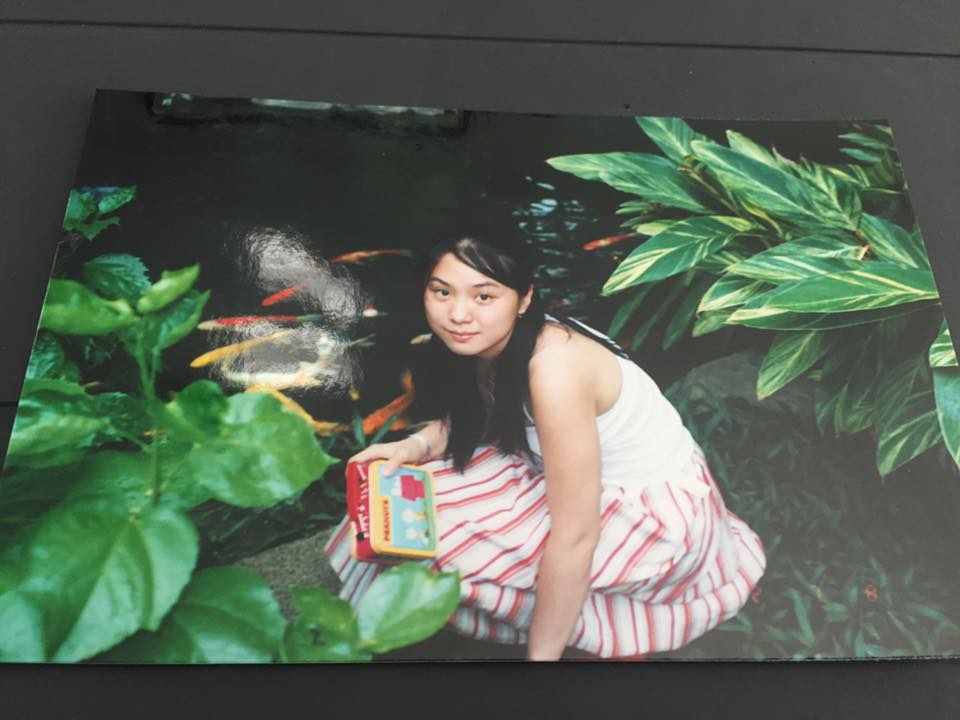“Oh, Kayo. You sure got fat!” Ama, my paternal grandmother, would cry out in Hokkien as soon as she saw me on the first day of the Chinese New Year.
Even though I wanted to shrug off her words, I couldn’t. Ama has always made me incredibly self-conscious about my body. Her shrill words hurt the most when I first moved to Hong Kong as a recently single 30-year-old woman. I convinced myself that she was right and that I was too fat and too unattractive to find a partner again.
I stormed off. “What’s she so angry about?” Ama would ponder loudly, knowing that I was still within earshot.
It is common for Asian women, especially the older ones, to feel that they have the right to comment on another woman’s body. I, However, never thought it was okay to be cruel. Ama‘s thoughtless remark always sours my mood upon my arrival, and I always dread spending time with her.
Baba, my father, would justify his mother’s behavior as “the way of the older generation.” Apparently, her calling me fat was supposed to demonstrate her concern for me. She was trying to be nice, he would say—but of course, the way she expressed her sentiments didn’t make me feel nice. I would protest, but Baba would sigh and say, “Ama is very old, and she isn’t going to change. She’s very lonely. You should spend more time with her.”
I often sat with Ama in the living room, which consists of a set of opulent redwood furniture. It is made of solid cherry wood with gorgeous mother-of-pearl inlay, and it is some of the most uncomfortable furniture I have ever encountered. Many awkward family portraits were taken on the three-seater over the years.

Next to the three-seater sofa is a bronze bust of a balding, stern looking man—my paternal grandfather, my Agon. He was an obstetrician and an aspiring artist, who collected many of the paintings that are in Ama‘s house. He and Ama had an affair for most of her adult life until he passed away.
Though I dread visiting her now, my relationship with Ama wasn’t always negative. When I was six, my family moved from Japan to Taiwan, and we lived in the same house as Ama. She lived on the third floor, and we lived on the fourth. On the weekends, my younger brother Davis and I used to have sleepovers with her, where she would gently clean our ears with a Q-tip until we fell asleep. The next day, she would take us out to 7-11 to get a Slurpee and a hotdog, which were rare treats. During the week, I would holler at her door and say hi to her before I went to school. She always handed me a few coins to buy candies. Ama was my favorite person for a long time. Then we moved to Canada when I was ten, and I didn’t see Ama for most of my teenage years.
Since I was little, I knew that Mama had a challenging relationship with Ama. Little kids always have a way of picking up these things. Ama also often complained about my aunt and uncle’s spouses —it seems that Ama doesn’t care for anyone who isn’t related to her by blood.
After I finished graduate school and started working abroad, I would visit Taiwan regularly. During these visits, I began to see how poorly Ama treats Mama. For example, in the car on the way to a Mother’s Day dinner, Ama criticized Mama’s family —she made some insulting and unflattering remark about Mama’s father. I can’t remember exactly what she had said, but Mama was infuriated. This encounter ruined our Mother’s Day dinner.

It was around this time Ama started to be hostile towards me —I am my mother’s daughter, and I look like her. Maybe the reason Ama torments others is that she’s been suffering her whole life. She spent her youth vying for the attention of another woman’s husband. I suppose I would become bitter and cruel had I been in that situation.
In the last decade, I’ve struggled every time I have to visit Ama. But I do it because it’s important to Baba, and I would do anything for him. However, instead of suffering in silence, I started to pipe up when she called me fat.
“Ama, if you are so mean to me every time I see you, I won’t come to visit you anymore.”
She pretended that she didn’t hear me.
In the recent years, Ama has slowed down, and her razor-sharp tongue is duller due to her age. She is now 90-years-old, and I do my best to see her through a compassionate lens. She is, after all, an old and lonely woman who spent her youth chasing after someone that didn’t belong to her. I know she has stories. I wish I could put aside my childish resentment and talk to her— but I haven’t been able to overcome it yet.

